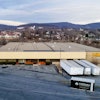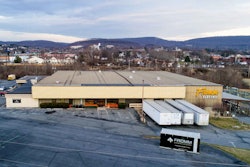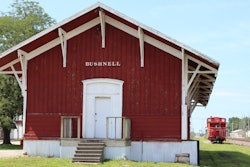
Fifty-five years ago, my career in industrial distribution began when I went to work for a general line mill supply house. The company was started in the late 1800s as a machine repair shop, specializing in pump repairs. Customers asked the owner, Mr. Noland, to inventory some pipe fittings and valves for them. Soon, his inventory grew to include pipe, gaskets, fasteners, etc. Mr. Noland’s three nephews eventually took over the business and expanded the product lines.
I started working in the warehouse and later moved into inside sales. From there, I went into outside sales and eventually moved into management. As my role with the company changed, the company’s role also changed. Specialty houses were becoming more prominent. Customers began bidding and issuing blanket orders by specific commodity groups. Some suppliers were demanding that distributors increase their inventories or face losing the line. Because of these new challenges, we, like many other distributors, had to re-evaluate our position in the market place.
It was apparent that we could no longer be “all things to all people.” Where was our strength? What lines should we drop? Power transmission was the first product group to go. Because of demands made by one supplier, we phased out pumps and compressors. Since there were now a couple large fastener distributors in our area, we reduced fastener inventory.
There were other issues that came along: regional purchasing contracts, national purchasing contracts, consignment inventories, and integrated supply systems, as well as electronic order entry systems – and these were just a few of the new trends that many purchasing departments were pursuing. By being proactive to these challenges, the company continued to survive and grow. Despite continued success – or perhaps because of it, the company was eventually sold.
Having given a condensed history of my career, I want to tell you a little about what I saw when I traveled around the country visiting NetPlus members.
Many of our members are now looking for new product lines. Some of this is being customer driven; some of it is driven by a shrinking customer base. A number of our members, traditionally considered specialty houses, are now being asked by key customers to furnish items not related to their core products. Cutting tool specialists are now handling jan-san products, as well as safety supplies. Power transmission houses are also starting to stock safety products while safety supply distributors are stocking paint and chemical aerosols.
Some members have told me that being a NetPlus member has helped them acquire lines their customers are requesting. This is a perfect way to leverage the benefits of belonging to a buying group! On one trip, a member told me the reason he joined NetPlus Alliance was to get access to a line he was unable to get on his own. He has since added more NetPlus suppliers.
This trend reminds me of a man who ran a machine shop back in the late 1800s . . .






















